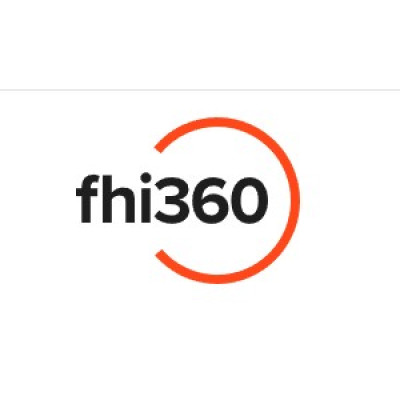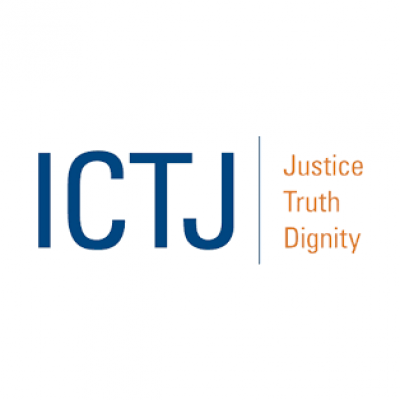Details
Description
Background
Mozambique has ratified most international and regional human rights instruments and mechanisms that define the human rights normative standards. Implementation on the ground has however lagged. Advocacy for policy and law reforms to bring the national legal framework in line with international best practices in promoting and protecting human rights is necessary.
Human rights related to vulnerable groups and minorities such as women, children, people with disabilities, sexual minorities, albinos, prisoners, and local communities have largely remained unrealized.
The UPR mechanism was created through the UN General Assembly on 15 March 2006 by resolution 60/251, which established the Human Rights Council itself. The UPR is a unique mechanism of the UN, which involves a review of the human rights records of all UN Member
States.
The UPR is a State-driven process, under the auspices of the Human Rights Council, which provides the opportunity for each State to declare what actions they have taken to improve the human rights situations in their countries and to fulfil their human rights obligations.
It allows states to review and make recommendations for human rights development in other states once every four to five years and receive recommendations in turn. While the UPR is a State led initiative, CSOs are through this process provided with a crucial opportunity to directly engage and cooperate with the government on pressing human rights issues.
During the 1st cycle of UPR 2011-2015, the Government of Mozambique accepted 161 recommendations out of a total of 169. An Action Plan for UPR was then developed and implemented by the Government which had an Operational Matrix of the UPR recommendations
as a tool to monitor, evaluate and report. In 2013, when the Government presented the mid-term review, the report concluded that the implementation progress was of about 49% of the recommendations. The Final Report submitted to the UNHRC in 2016 concluded that the
achievement on the implementation was of about 90%, with the remainder in progress status.
However, there was a sense among CSOs that the Indicator of Success presented by the authorities as well as the methodology and parameters used to achieve that indicator were not realistic and due to lack of parallel or shadow monitoring system by the civil society, the results presented by the government could not be questioned.
Following the II Cycle UPR to the Government of Mozambique in January 2016, the Ministry of Justice, Constitutional and Religious Affairs began drafting the new National Action Plan for the implementation of the II Cycle UPR recommendations for the period 2017-2020, with collaboration of other stakeholders, including CSOs. Out of the 210 recommendations of the 2nd cycle of the UPR to Mozambique by the HRC, the Government has accepted 180 and noted 30.
Duties and Responsibilities
Design the detailed scope and methodology (including the methods for data collection and analysis) for the report;
Review documents;
Data collection;
Actively engage the project stakeholders and leads consultations and presentations of findings;
Conduct an analysis of the outcome, outputs and partnership strategy (as per the scope of the review described above) for the report.
Competencies
Corporate Competencies:
Demonstrates integrity by modeling the UN's values and ethical standards ( human rights, tolerance, integrity, respect, and impartiality);
Promotes the vision, mission, and strategic goals of UNDP;
Displays cultural, gender, religion, race, nationality and age sensitivity and adaptability.
Functional Competencies:
Consistently approaches work with energy and a positive, constructive attitude;
Strong interpersonal and written and oral communication skills;
Has ability to work both independently and in a team, and ability to deliver high quality work on tight timelines.
Languages:
Native Portuguese level and Fluency English is mandatory.
Required Skills and Experience
Advanced degree in human rights, political science, international development, or related field.
At least 7 years of experience in the area of human rights, sustainable development, capacity development of CSOs.
Demonstrated understanding of human rights monitoring and reporting processes, monitoring, and evaluation.
Previous experience of evaluation of Human Rights projects is strongly desired.
Demonstrated knowledge of the situation of human rights and CSOs in Mozambique.




